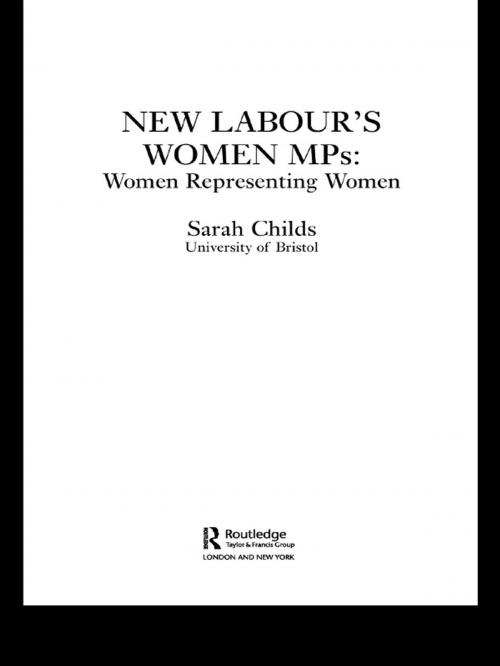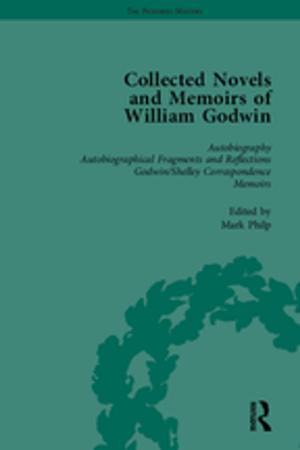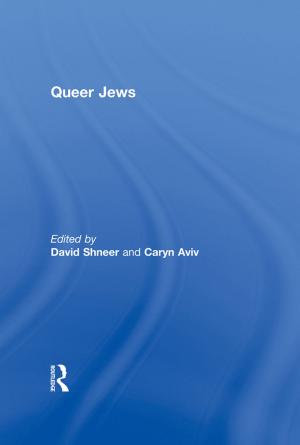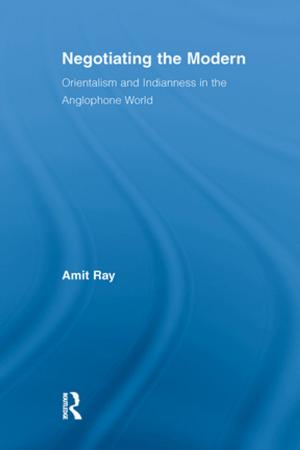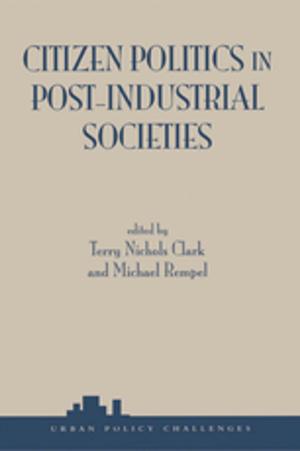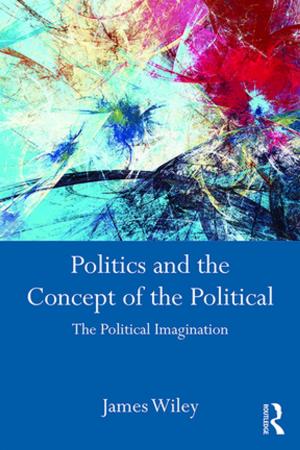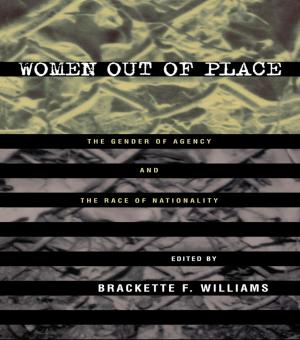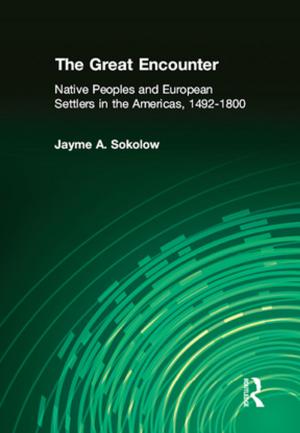New Labour's Women MPs
Women Representing Women
Nonfiction, Social & Cultural Studies, Political Science| Author: | Sarah Childs | ISBN: | 9781135766160 |
| Publisher: | Taylor and Francis | Publication: | July 31, 2004 |
| Imprint: | Routledge | Language: | English |
| Author: | Sarah Childs |
| ISBN: | 9781135766160 |
| Publisher: | Taylor and Francis |
| Publication: | July 31, 2004 |
| Imprint: | Routledge |
| Language: | English |
It was not long after the election of a record number of women to the House of Commons in 1997 that the backlash began. The criticism was all-encompassing: they wore the wrong clothes, they voted the wrong way and they were concerned with the wrong issues. Above all, they were accused of failing to make difference, to have failed women, and were dismissed by some as ‘Blair’s Babes’.
Drawing on in-depth interviews with more than half of the new Labour women MPs, Sarah Childs reveals how these women actually experienced being MPs, and explores whether they acted for and like women – in their constituencies, in parliament and in government. She presents important insights into theories of women’s political representation, showing that the relationship between women’s descriptive and substantive representation is complicated, that party and gender identities are crucial, that women’s differences must be acknowledged and that it might not always be possible for women representatives to act for women even if they want to.
Including a key section on women’s selection for parliament; whether women MPs act as role models; why it is important that women should be present in politics; as well as exploring in depth the subject of women’s substantive representation, New Labour’s Women MPs is essential reading for all those interested in women and politics, legislative studies, political behaviour and representation.
It was not long after the election of a record number of women to the House of Commons in 1997 that the backlash began. The criticism was all-encompassing: they wore the wrong clothes, they voted the wrong way and they were concerned with the wrong issues. Above all, they were accused of failing to make difference, to have failed women, and were dismissed by some as ‘Blair’s Babes’.
Drawing on in-depth interviews with more than half of the new Labour women MPs, Sarah Childs reveals how these women actually experienced being MPs, and explores whether they acted for and like women – in their constituencies, in parliament and in government. She presents important insights into theories of women’s political representation, showing that the relationship between women’s descriptive and substantive representation is complicated, that party and gender identities are crucial, that women’s differences must be acknowledged and that it might not always be possible for women representatives to act for women even if they want to.
Including a key section on women’s selection for parliament; whether women MPs act as role models; why it is important that women should be present in politics; as well as exploring in depth the subject of women’s substantive representation, New Labour’s Women MPs is essential reading for all those interested in women and politics, legislative studies, political behaviour and representation.
